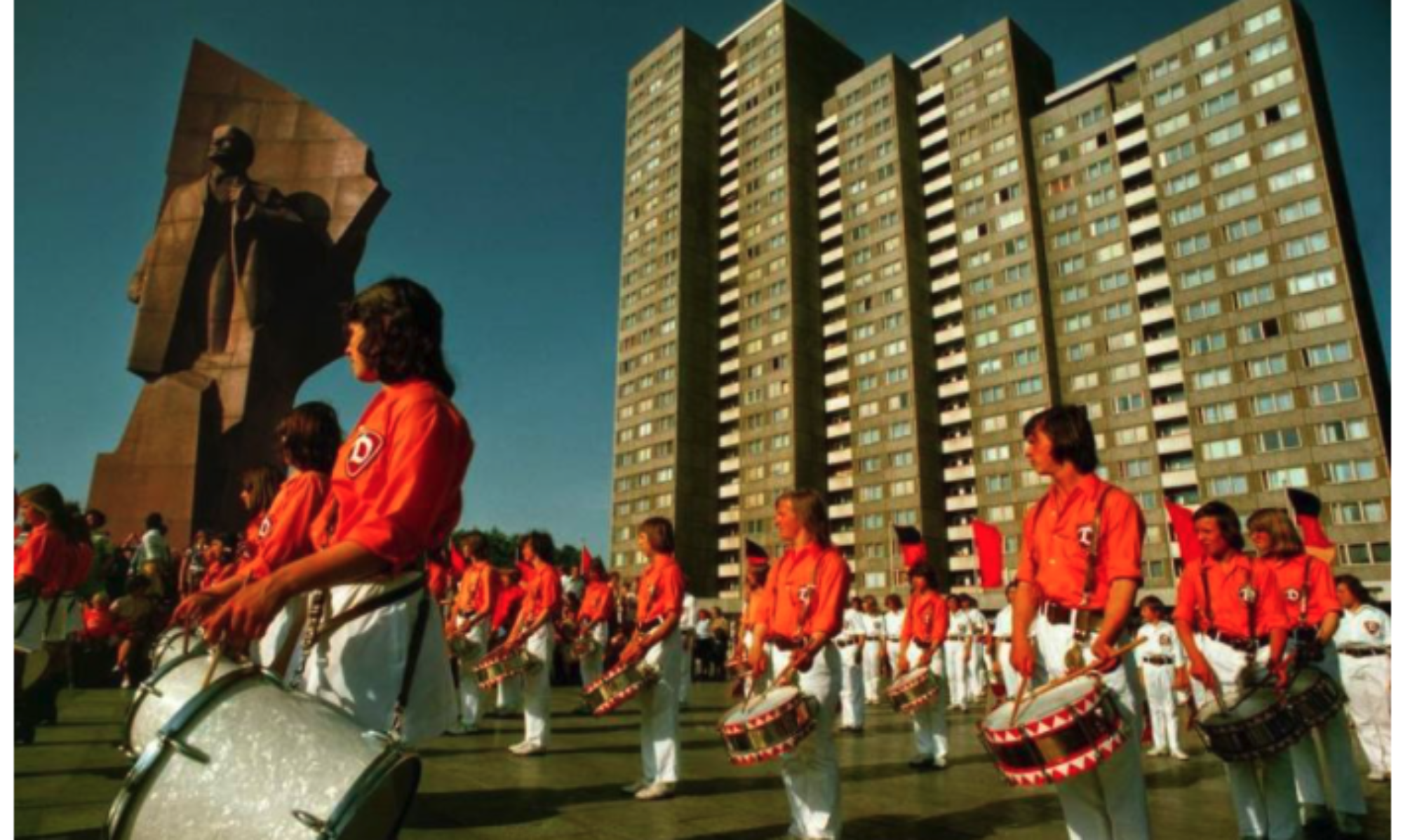I think what is particularly interesting in the one section of the reading is considering what effect religion has had within the Cold War. Largely, I do not think we have had many discussions about how religion had been downplayed in the early USSR. From the section of the manuscript, Roberts and Ash state, “The authority of the Catholic Church in Poland, already very strong, was reinforced when the archbishop of Krakow, Cardinal Karol Wojtyla, became Pope John Paul II in 1978. His philosophy and his strategic vision for the transformation of Poland can be summarized in a passage often cited by him and by Solidarity’s martyr priest, Father Jerzy Pepieluszko: ‘Be not overcome by evil, but overcome evil with good.’ Towards the end of his life, John Paul II wrote, ‘If we consider the tragic scenario of violent fratricidal conflicts in different parts of the world, and the untold sufferings and injustices to which they have given rise, the only truly constructive choice is, as St. Paul proposes, to ‘abhor that which is evil and hold fast to what is good.'” (Roberts and Ash 130-131). My question to the class then, and what I think would be interesting to contemplate how religion was a catalyst for change within this society and if it were elsewhere? Was religion a driving force for why they were able to be so peaceful for so long and if so what do you think the role of religion played in other countries? Or, was it solely because of the degree to which they were religious that allowed Poland to hold these tenets and achieve these changes in the manner that they have?

I feel that the Polish state had a different dimension because of the ties between religion and the state, and as far as I know, wasn’t seen in other nations. The Denhert reading shows us that this bond between religious and secular dissidents was unique to Poland, and made them stronger because of it. I think that their ability to forge bonds with one another made them more successful than their other Soviet counterparts, and the increased visibility of Soviet religion made it harder for the government to make decisions without having some intonations of religious leaders speaking out or against them. I don’t think that the church made things more peaceful, but rather allowed for an expansion of discussion amongst the people from a different avenue. Additionally, the moral doctrine of religion makes it inherently harder to use violence, but, history shows us that many people still use it to commit violent acts. I believe that rather than the simple presence of religion making discussions more peaceful, they rather used the reputation of the church and its officials to ensure their safety, because punishment of religious officials would certainly cause domestic and international outcry.